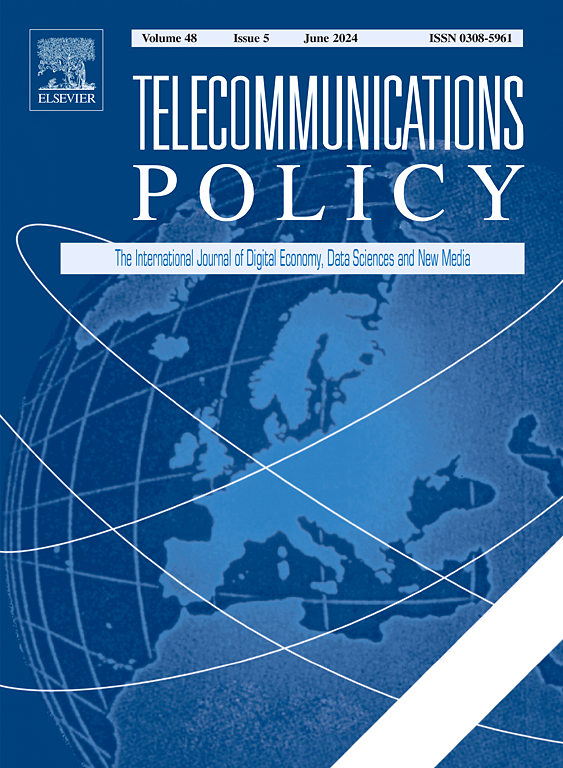The primary purpose of this study is to examine the spillover effect of South Korea's telecom industry on other industries until its evolution to the 4th generation. By using Input-Output Table Data to compute Forward and Backward Linkage Effects in South Korea's telecom industry throughout Generational Changes, this study aims to analyze South Korea's telecom industry's impacts and changes on upstream and downstream industries to offer implications for its evolution to the 5th generation. This study used empirical input-output data for the period between the years 2000–2014 to conduct input-output analysis to evaluate forward and backward linkages in South Korea's telecom industry for each generation of it. The results revealed that (1) Korea's telecom industry can be defined as a dependent manufacturing industry due to its below-average forward linkage and above-average backward linkage over the whole study period, and (2) backward linkage in South Korea's telecom industry was higher than the economy-wide average value during our study period although it decreased with the industry's generational shifts. The results indicate that telecommunications companies should create new markets in which they can propagate emerging technologies of the 4IR (4th Industrial Revolution) to other industries, in order to ensure that the 5th generation telecom industry maintain its position as a key industry. On the other hand, the government should make policies to support start-ups and SMEs in telecom industry and implement structural reforms in Korea's oligopolistic telecom market.


